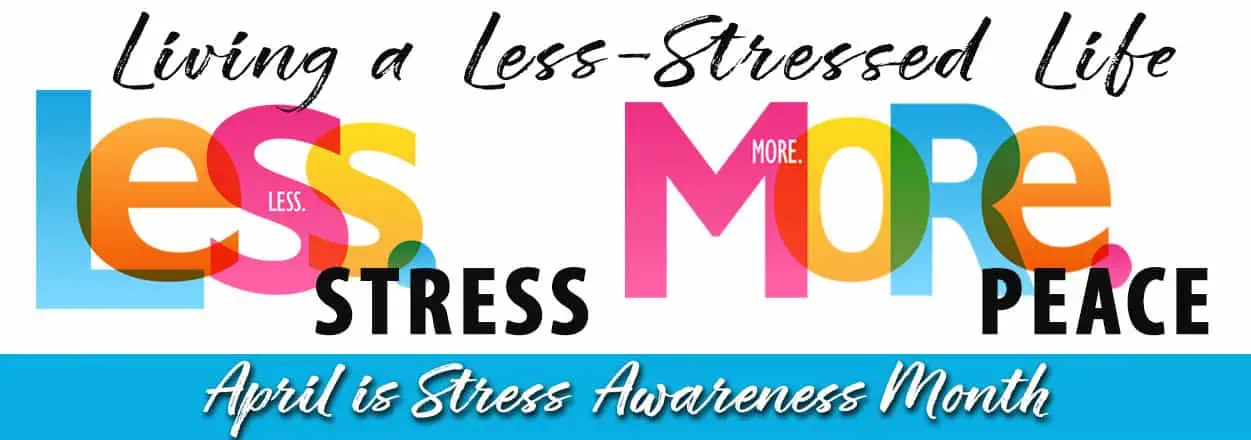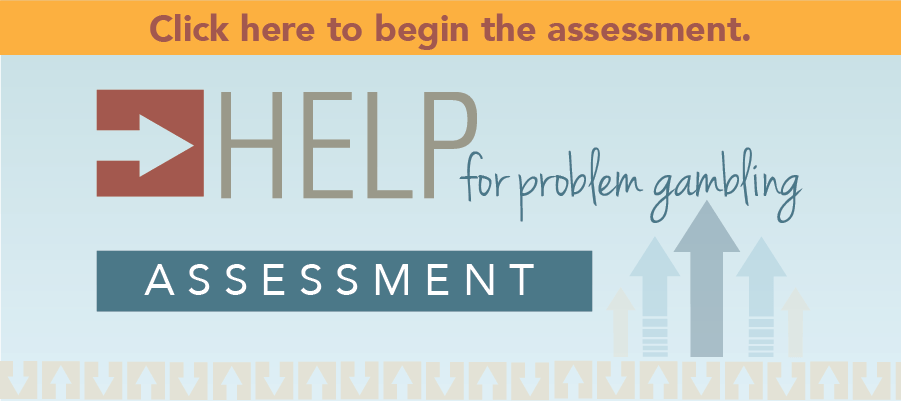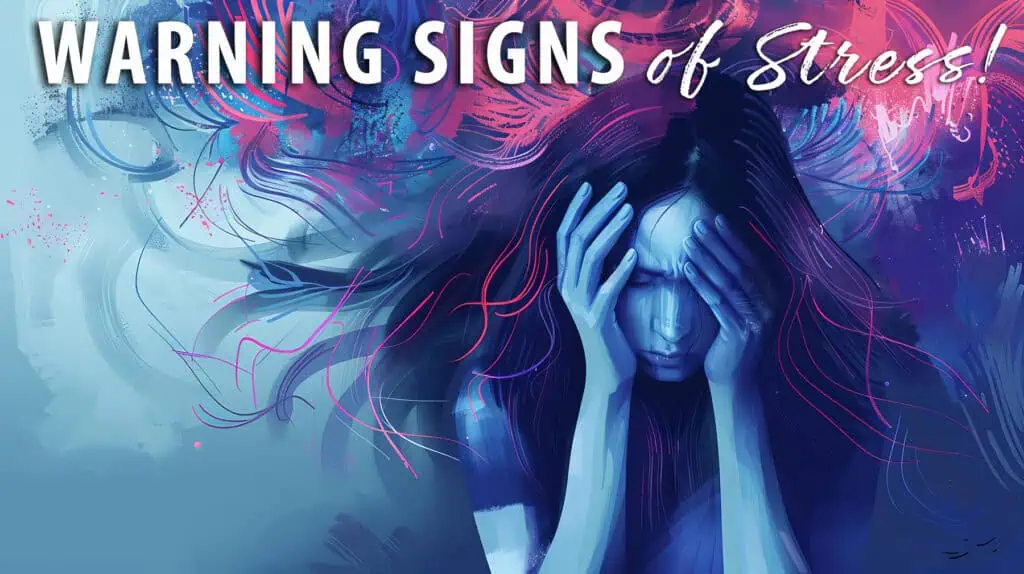
Physical Signs
- Persistent Exhaustion: Feeling tired even after adequate rest.
- Headaches or Stomachaches: Physical discomfort can be a sign of stress.
- Muscle Tension/Pain: Stress can cause muscles to tense up, leading to aches and pains.
- Changes in Sleep or Appetite: Difficulty sleeping, sleeping too much, or changes in appetite can be indicators.
- Digestive Issues: Upset stomach, diarrhea, or constipation can be related to stress.
- Sweating, Trembling, or Shaking: These physical reactions can occur during stressful events.
Emotional Signs
- Feeling Overwhelmed: A sense of being unable to cope with demands.
- Irritability or Impatience: Becoming easily frustrated or short-tempered.
- Fear and Worry: Excessive anxiety or worry about various things.
- Feeling Indifferent or Less Connected: A lack of motivation or detachment from others.
- Difficulty Concentrating: Trouble focusing or making decisions.
- Feeling Nervous or Helpless: A sense of being out of control or unable to cope.
Behavioral Signs
- Social Withdrawal: Avoiding social interactions or isolating oneself.
- Changes in Eating Habits: Eating excessively or not eating at all.
- Substance Abuse: Turning to alcohol, drugs, or other substances as a coping mechanism.
- Forgetfulness: Difficulty remembering things.
- Procrastinating or Avoiding Responsibilities: Putting off tasks or avoiding obligations.
Problem Gambling Specific
- Preoccupation with gambling and chasing losses.
- Gambling Debt: inability to cover bills and other financial responsibilities.
- Negative Feelings: coping with grief, loneliness, anger and/or depression.
- Relationship problems due to withdrawal and isolation.
Over-indulgence in alcohol and/or drugs. - Borrowing money from family, friends, employer, and/or payday loans.
- Secrecy about bills, banks statements and other financial data.
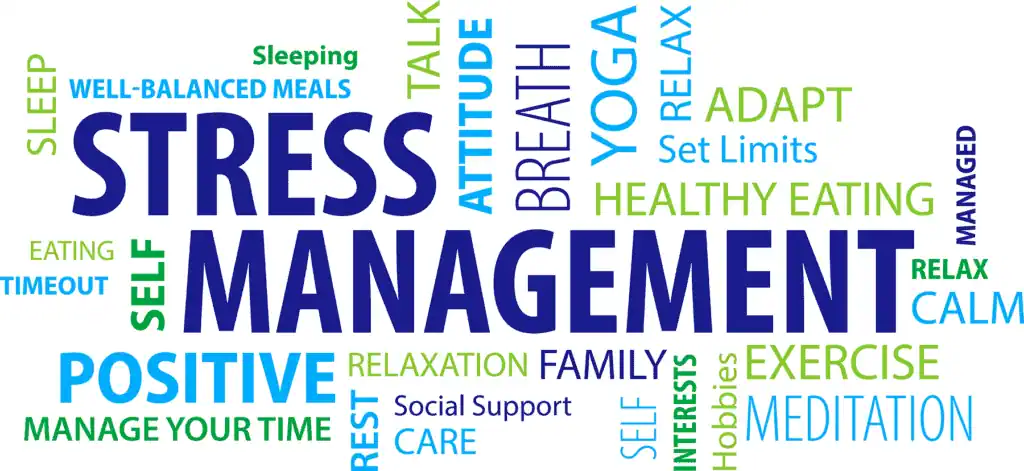
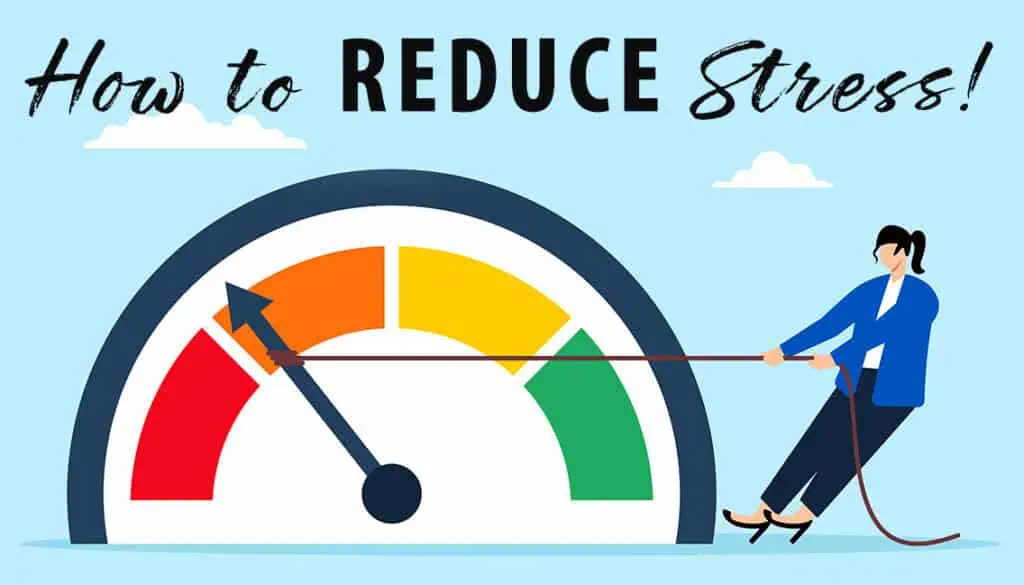
The biggest thing you can do to reduce stress is to remove yourself from the source of stress. Even just 30 minutes of time away and relaxing can move the stress needle in the positive direction
Physical Activity
Get moving: Regular exercise, even a brisk walk, can significantly reduce stress hormones and boost endorphins, which have mood-lifting effects.
Find activities you enjoy: Whether it’s dancing, swimming, hiking, or playing sports, engage in activities that make you feel good and energized.
Aim for consistency: Incorporate physical activity into your daily routine to make it a habit.
Mindfulness and Relaxation Techniques
- Meditation: Practice mindfulness meditation to calm your mind and reduce racing thoughts.
- Deep breathing: Engage in deep, slow breathing exercises to activate the parasympathetic nervous system, which promotes relaxation.
- Yoga: Incorporate yoga into your routine to improve flexibility, balance, and reduce stress.
- Progressive muscle relaxation: Systematically tense and release different muscle groups to relieve physical tension.
Healthy Lifestyle Habits
- Eat a balanced diet: Focus on whole, unprocessed foods, fruits, vegetables, and lean protein to support your physical and mental well-being.
- Prioritize sleep: Aim for 7-8 hours of quality sleep per night to allow your body and mind to rest and rejuvenate.
- Limit caffeine and alcohol: Excessive consumption of these substances can exacerbate stress and anxiety.
- Spend time in nature: Studies show that spending time outdoors can reduce stress and improve mood.
Social Connection
- Connect with loved ones: Spend time with family and friends, and share your feelings and concerns with people you trust.
- Join a group or club: Engage in activities that allow you to connect with others and build social connections.
- Seek support: Don’t hesitate to reach out to friends, family, or a therapist for support when you’re feeling overwhelmed.
Other Tips
- Take breaks: Schedule regular breaks throughout the day to recharge and avoid burnout.
- Practice self-care: Engage in activities that you enjoy and that help you relax and de-stress.
- Learn to say no: Don’t overcommit yourself and learn to prioritize your needs.
- Set realistic goals: Break down large tasks into smaller, more manageable steps to avoid feeling overwhelmed.
- Laugh more: Laughter can release endorphins and reduce stress hormones.

Start today and acknowledge that stress happens. By implementing self-care tools, you and your family can minimize stress and enjoy a healthier, happier life.
Maryland Helpline
If you, or someone you know, is dealing with stress due to gambling behaviors,



